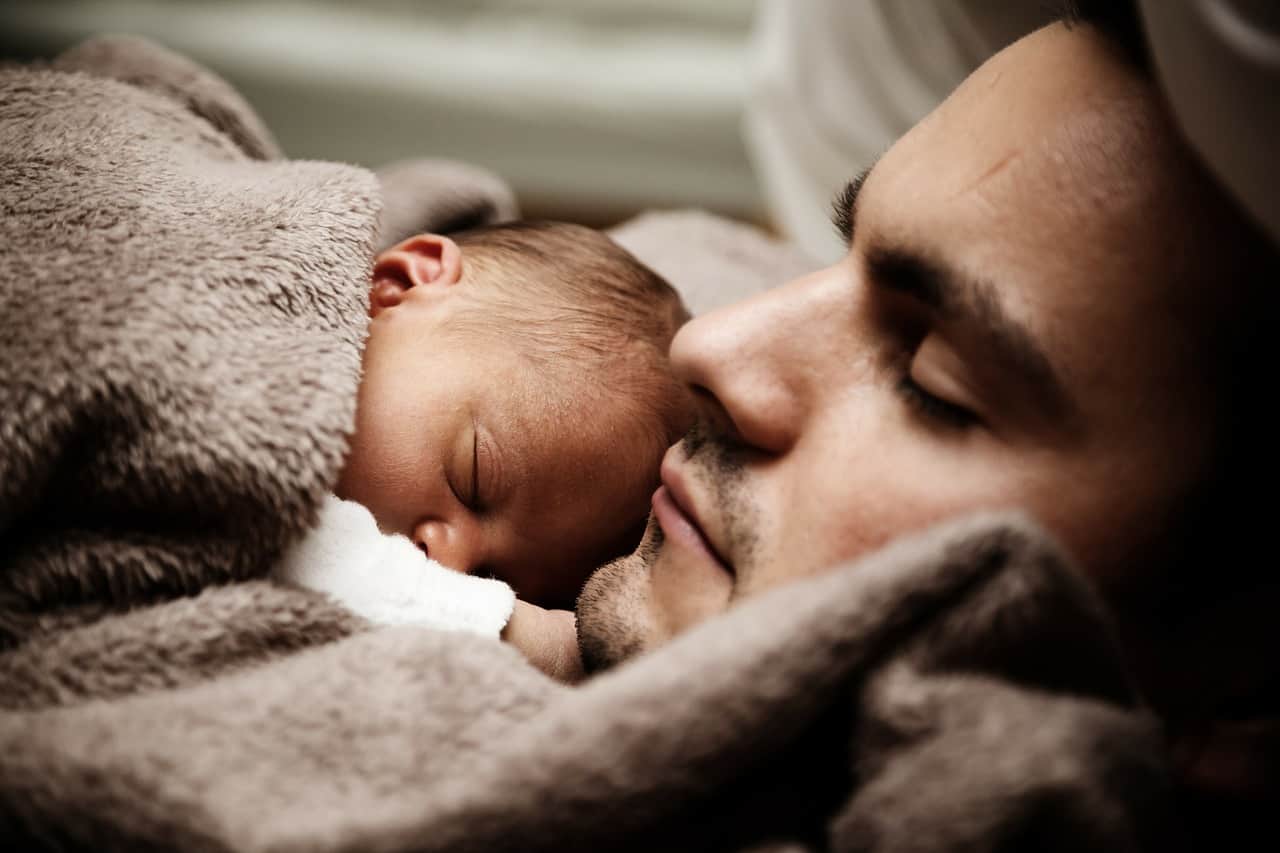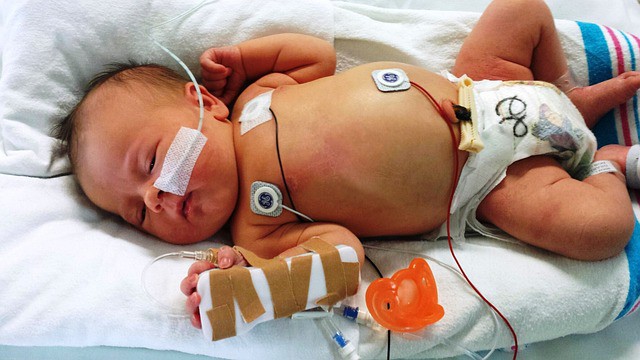
There is nothing more heartbreaking than to see a baby experience withdrawal symptoms from the moment they are born. They vomit, shake, shiver, and sweat. Babies born with Neonatal Abstinence Syndrome (NAS) is a cruel reality affecting more infants every year in the United States.
A report published this year by the Center for Disease Control and Prevention (CDC), “Public Health Burden of Neonatal Abstinence Syndrome”, explains what types of drugs can cause these serious symptoms. “Opioid exposure during pregnancy might result from clinician-approved use of prescription opioids for pain relief; misuse or abuse of prescription opioids; illicit use (e.g., heroin); or medication-assisted treatment (MAT) of opioid use disorder”.
Infants born with NAS often go into state care with Child Protective Services, to ensure a low-risk environment during this critical stage. However, various evidence suggests separating those babies from their biological birth mothers may adversely affect them. For example, babies waiting for placement spend more time than necessary in the neonatal intensive care unit (NICU). Consequently, they are deprived the skin-to-skin contact and warm environment as when they would receive if they were brought home from the hospital, as is the ordinary circumstance.

Another report published in Pediatrics last year, “Rooming-In to Treat Neonatal Abstinence Syndrome: Improved Family-Centered Care at Lower Cost” shows parents rooming-in with the child in the hospital, and increasing family involvement in general, lowers the baby’s length of stay in NICU, and subsequently hospitals costs. “We provided prenatal family education, increased family involvement in symptom monitoring and nonpharmacologic treatment, and treated otherwise healthy infants on the inpatient pediatric unit instead of in the NICU”, reads the study. This resulted in a decrease in days of hospitalization — from 16.9 to 12.3 for morphine-treated infants — and a reduction of hospital costs — from $19,737 to $8,755.
Dr. Matthew Grossman from Yale New Haven Children’s Hospital developed a program to include the parents in the treatment of babies with withdrawal symptoms. The initiative helped earn the hospital the 2015 Pediatric Quality Award from the Children’s Hospital Association. In a report from New Haven Register, Dr. Grossman said “[babies] can be soothed much more easily having intense involvement with parents rather than heavy medication”. He also explained the difference relies on treating babies with love and encouraging parents instead of plainly judging them.
What are your thoughts? Please comment below and share this news!


